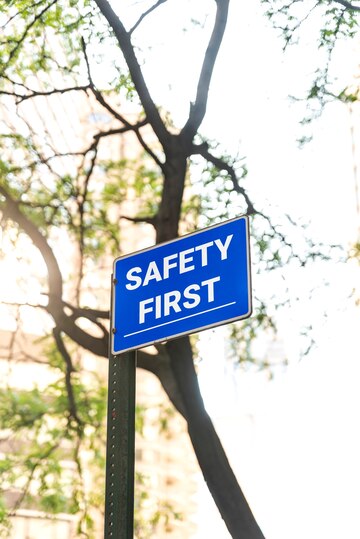It’s often wise in life to contemplate, “What’s the worst-case scenario?”
By answering this question and formulating a plan to address the worst possible outcome, we can significantly mitigate the risk of mistakes, accidents, and even tragedies. This principle holds particularly true for electrical safety, especially concerning outdoor electrical repairs and activities. Apart from bathrooms, where water exposure poses a risk, outdoor spaces around the house are prone to mistakes and accidents. To prevent these from escalating into tragedies, it’s crucial to adopt a systematic approach to safeguarding the exterior of your home:
Outdoor Outlets:
- Ensure that all outlets are equipped with ground fault circuit interrupters (GFCIs) to safeguard against electrical shock and potential electrocution due to moisture sensitivity.
- Install weatherproof covers on all outdoor outlets.
Garden and Power Tools:
- Acquire essential protective gear such as face masks, gloves, safety goggles, earmuffs, and dust masks for outdoor tasks involving garden and power tools, and refrain from taking shortcuts.
- Regularly inspect tools to ensure they are in proper working condition, paying close attention to cords for any signs of damage. Promptly repair any cracked or exposed wires by consulting a licensed electrician.
- Upgrade power tools to include three-prong plugs or ensure they are labeled as “double insulated” and are connected to GFCIs for enhanced safety.
- Exercise caution when using corded power tools near pools, spas, or tubs, preferably opting for battery-operated alternatives.
- Always turn off and unplug tools after use to mitigate potential hazards, especially considering unforeseen distractions or interruptions.
Extension Cords:
- Utilize extension cords specifically designed for outdoor use, as they are built to withstand environmental challenges such as temperature and humidity fluctuations.
- Select extension cords with three prongs to match your tools, reducing the risk of shock, fire, or electrocution.
Pools, Tubs, and Spas:
- Strictly plug cords into GFCI outlets and ensure all plug-in equipment remains dry.
Generators:
- Verify that your electrical panel can accommodate the generator’s load and that it is connected to a GFCI outlet with a three-prong plug.
- Operate generators exclusively outdoors to prevent the accumulation of deadly carbon monoxide in enclosed spaces like garages.
Power Lines:
- Report any downed power lines to the non-emergency police line in your area and avoid attempting to move them yourself, as it poses a risk of electrocution.
- If your vehicle comes into contact with a downed power line during a storm, remain inside and contact 911 for assistance. If necessary to exit the vehicle due to another emergency, jump away from it to avoid contact with the ground and the vehicle simultaneously, minimizing the risk of electrical conduction.
By adhering to these safety measures, you can minimize the risk of electrical accidents and ensure a secure outdoor environment for you and your family.

